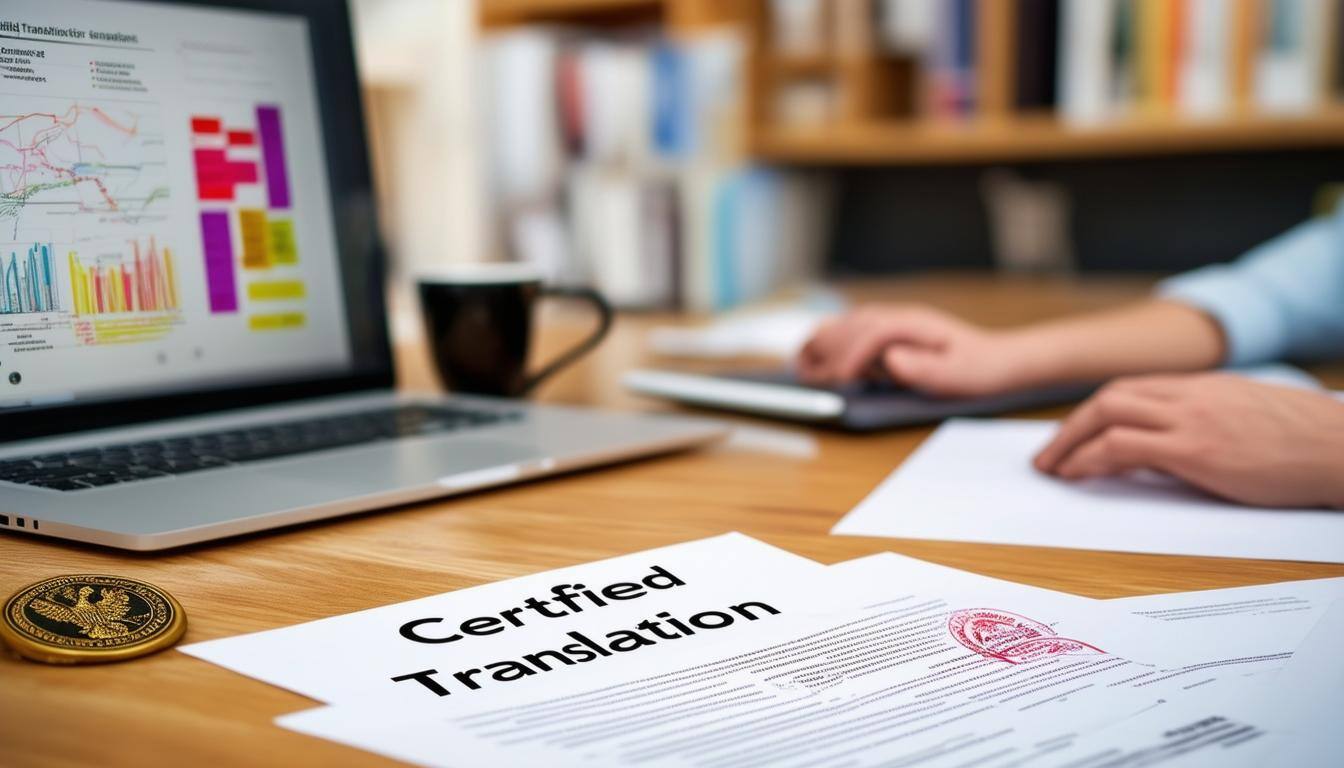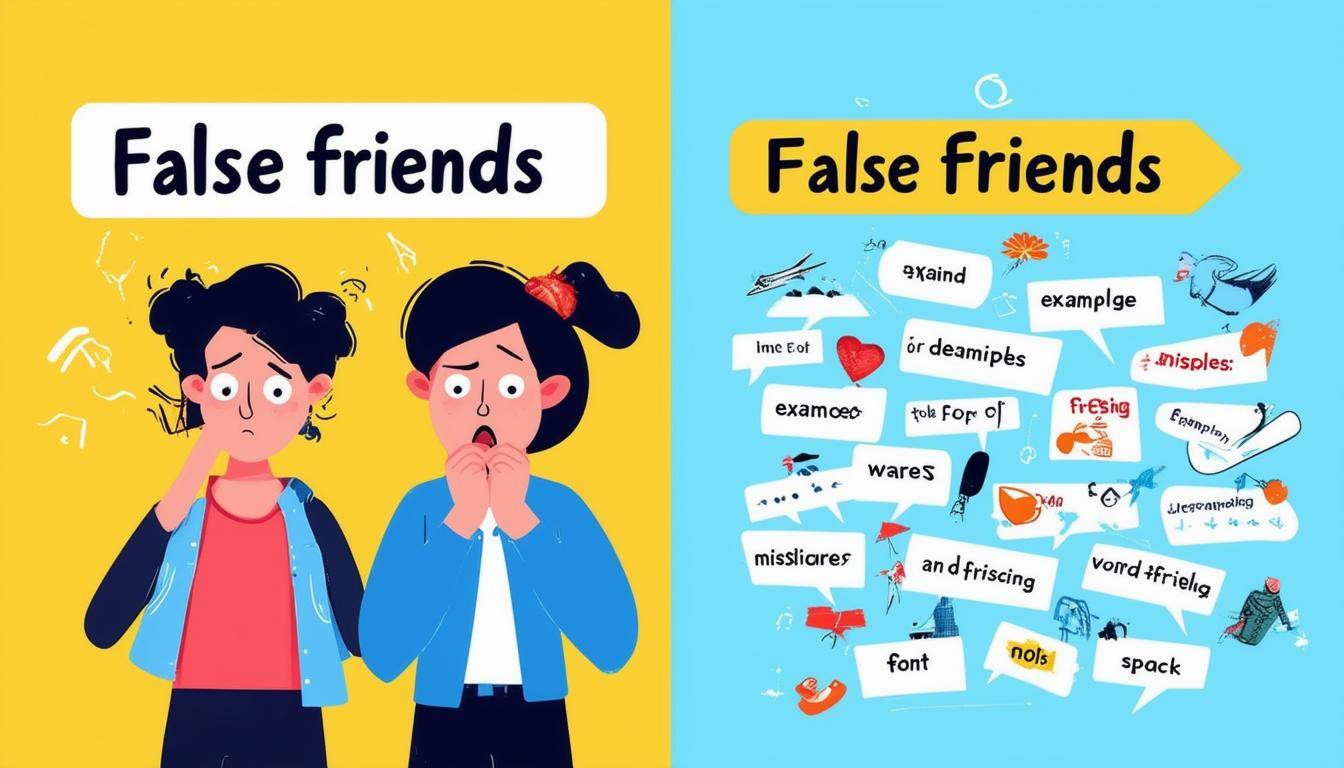3 min read
Essential English-Polish Phrasebook
Essential English-Polish Phrasebook for Travellers Are you visiting Poland but don’t speak the language? Don’t worry! This practical phrasebook will...
2 min read
 POZENA Team
:
November 4, 2023 12:50:35 AM CET
POZENA Team
:
November 4, 2023 12:50:35 AM CET

When the need for a translation arises, a common question is: should it be standard or certified? It’s essential to know the difference to avoid overpaying. In this article, we at POZENA Multilingual clarify the distinctions between standard and certified translations and when to use each.
Certified translations are offered by many translation agencies, leading clients to wonder how they differ from standard translations and which type they should choose. Some mistakenly order certified translations when a standard one would suffice, incurring unnecessary higher costs. Understanding the distinction between the two is crucial.
Though many are unaware, the correct terms for these translations are "authenticated" or "certified translations." The term "sworn translations" is derived from the title of the professionals who perform them - "sworn translators."
A sworn translator is an individual sworn in by the Minister of Justice, authorized and sealed to perform authenticated translations. Only a translator with the necessary qualifications can provide certified translations.
Certified translations can be written, digital, or oral.
Every page of a written certified translation is stamped and signed by a sworn translator. Each translation includes a certification clause and information on whether it was based on the original or a document copy. If based on a copy, details of who authenticated it are required. The official nature of the document distinguishes certified from standard translations.
There are also digitally certified translations authenticated with a qualified signature. These PDF documents contain an encryption key ensuring their authenticity, used exclusively for online formal matters. Once printed, they lose their legal value. In this respect, they are advantageous over written certified translations, which lose legal power when converted into a digital format.
Oral certified translations are required when one party is not fluent in the country's official language, typically during court hearings or official meetings. The sworn translator translates participants’ statements, reads documents in the target language, and affixes their signature and seal.
The translator is responsible for the translation's accuracy, governed by laws regulating the sworn translator profession.
A certified translation is needed for official government documents, commonly requested during legal proceedings, transactions, or contract signings (e.g., translating documents for an imported car). They are also used for medical records, birth, marriage, or death certificates, wills, academic diplomas, and documents required by government institutions, offices, banks, notaries, and lawyers.
Certified translations cost more due to the legal procedures and requirements they adhere to and the legal liability on the translator.
Prices typically range from GBP 6 to 40 per page and providing specific pricing requires content analysis, as it depends on the language pair, document type, and word count.
The cost is usually lower for translations involving Polish. The price also depends on whether the translation is from the original or a copy – the latter being cheaper, faster, and more convenient for both parties (a scanned document via email suffices). However, the method depends on the government office/institution’s guidelines.
In contrast, a standard translation, lacking the translator’s signature or seal, is not an official document. Anyone with adequate language and translation skills can perform it.
Standard translations are used when an official document isn't required, like for website texts, product descriptions, articles, user manuals, scientific publications, or books.
Order a certified translation only when required by an office.
Need a certified or standard translation? Get your fast, accurate, and free quote from POZENA Multilingual.

3 min read
Essential English-Polish Phrasebook for Travellers Are you visiting Poland but don’t speak the language? Don’t worry! This practical phrasebook will...

3 min read
Tricky Polish False Friends: Avoiding Common Language Traps Navigating the complexities of Polish translations can be an intricate and demanding...

5 min read
English is the native language for some 360 million of the globe's population (nearly 5% of the world's population) and ranks 3rd in the world...